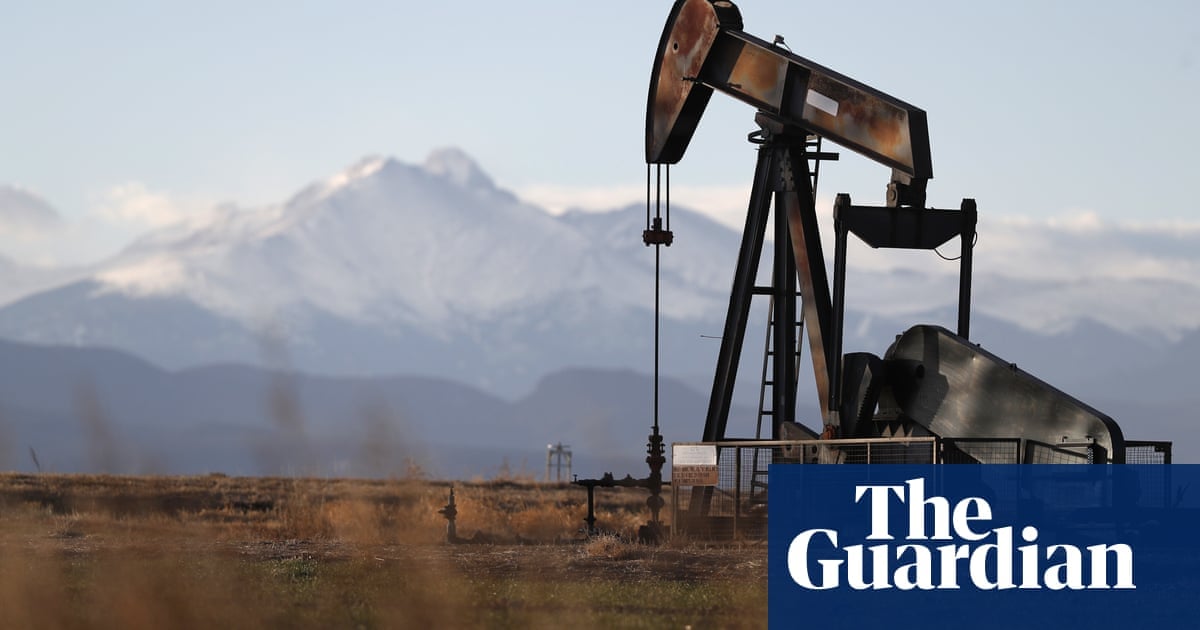Among world’s top 60 banks those in US are biggest fossil fuel financiers, while Barclays leads way in Europe
The world’s big banks have handed nearly $7tn (£5.6tn) in funding to the fossil fuel industry since the Paris agreement to limit carbon emissions, according to research.
In 2016, after talks in Paris, 196 countries signed an agreement to limit global heating as a result of carbon emissions to at most 2C above preindustrial levels, with an ideal limit of 1.5C to prevent the worst impacts of a drastically changed climate.



It’s such a slippery slope I think. Yes, we all have to change our behaviour. But what does it help if I do it when the market is not regulated in a way that discourages climate damaging behaviour?
It’s like, yeah, I can boycott Nestlé, and I do, but in the end they will push as far as legislation will let them. So my boycott is essentially meaningless beyond feeling good about myself. And it’s potentially even harmful in the sense that it shifts the responsibility for change unto the individual.
I would like to focus on a different consideration. When you do what is in your small power, it is empowering. And if you feel empowered, you are more inclined to expect and demand action from political and economical actors, as well as it can protect you against emotional campaigns like the shaming, or pushing for people feeling desolate and giving up on change.
The recent boycotts had a far bigger effect than expected. Restored a lot of confidence into individual choices.
In this case, regulation is the only way to slow down something that is otherwise quite profitable, as the money is not “given” but those are.loans that are being repaid. But then regulation is not perfect since regulatory bodies are staffed by former bank executives.